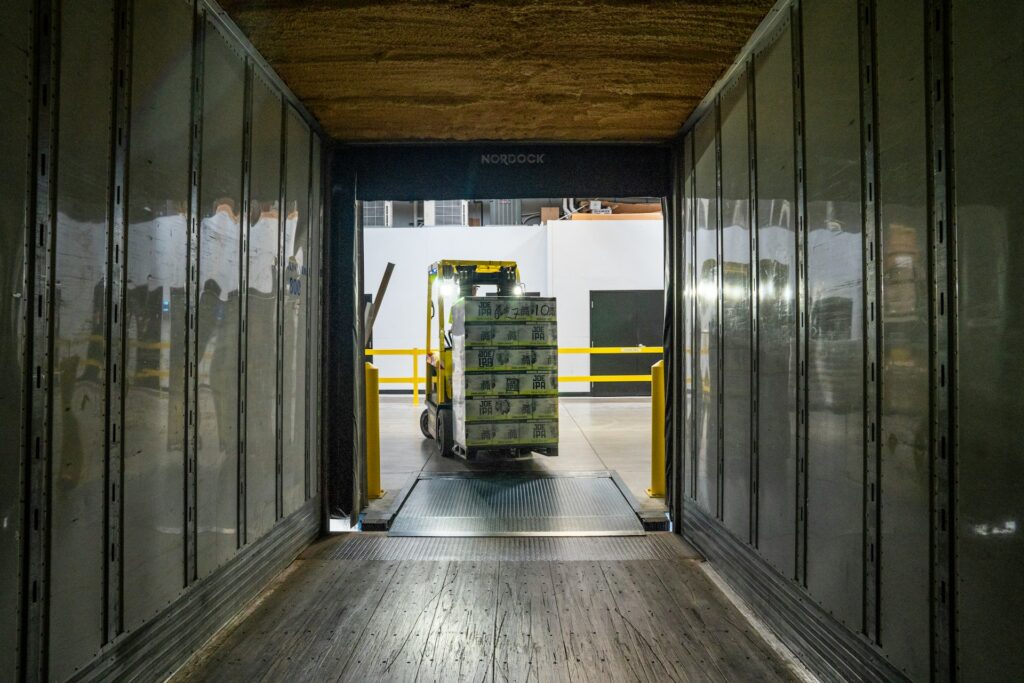For international buyers, sourcing furniture from Indonesia can be a rewarding but complex process. Success depends on understanding what factories can realistically deliver in terms of certifications, quality control, lead times, and minimum order quantities (MOQs). This guide provides a clear, fact-based overview so you know what to expect when working with Indonesian suppliers.
Certifications & Legal Requirements
All Indonesian furniture exports must comply with SVLK legality certification, which ensures that wood is legally harvested, processed, and traceable throughout the supply chain [Hyperlink: https://www.furniturenesia.com/blog/indonesian-svlk-system-for-legal-wood-verification-and-assurance/]. Many larger exporters also maintain FSC® certification to meet sustainability demands in the EU, UK, and North America [Hyperlink: https://pt-kli.com/journal/all-you-need-to-know-about-fsc%EF%B8%8F-and-svlk/].
For buyers, this means legality is guaranteed, but sustainability credentials will vary by supplier. Larger, export-oriented factories are more likely to hold both.
Quality Control Standards
Quality control in Indonesia varies greatly depending on the scale and professionalism of the factory:
- Larger factories with Western management and fluent English teams typically have well-maintained in-house QC departments, checking raw materials, joinery, finishing, and packaging.
- Smaller or local factories may not have robust QC systems. In these cases, it is strongly recommended to hire a third-party QC provider. These teams can inspect batches, verify dimensions, test finishes, and oversee container loading.
- Even with established factories, larger buyers often send their own QC staff based in Indonesia to double-check orders before shipment.
The bottom line: QC standards are reliable at scale, but variability exists at the local level—so independent checks remain a best practice for importers.
Production Lead Times
Indonesian factories generally quote 8 to 15 weeks for full-container orders, depending on design complexity, material sourcing, and production schedules [Hyperlink: https://naramulya.com/indonesia-furniture-export-process/].
However, there are important caveats:
- Delays are common. Indonesia has frequent public holidays, and smaller factories are known for missing stated deadlines.
- Some suppliers may advertise lead times of 6–8 weeks, but in practice, production often overruns.
- Larger, more established factories usually provide realistic timelines and are more punctual with deliveries.
Importers should always build buffer time into their sourcing plans and confirm schedules directly with production managers.
Minimum Order Quantities (MOQs) & Flexibility
MOQs also vary by factory type:
- Goodwood requires a 40-foot container minimum for first-time buyers, ensuring production scale and efficiency.
- Smaller, local suppliers may accept smaller orders, sometimes less than a container. Some focus exclusively on small-batch runs and cannot scale to larger volumes.
Buyers working with smaller suppliers should consider hiring a translator or local sourcing agent to avoid communication gaps. Established export factories generally offer smooth English-language communication and more transparent policies.
Materials & Product Value
Indonesia is globally recognized for its solid hardwood exports, especially teak, mahogany, and suar. Factories typically kiln-dry timber to reduce moisture, ensuring durability and compliance with international standards [Hyperlink: https://www.allseasonsfurn.com/furniture-manufacturers-in-indonesia-craftsmanship-export-power-and-global-demand/].
Compared to MDF-heavy exports from other regions, Indonesian factories offer strong value in natural hardwood craftsmanship. This makes them a preferred partner for hospitality, outdoor collections, and high-end retail sourcing.
Export Support & Shipping
Most experienced exporters provide end-to-end support, including:
- Packaging and labeling for export compliance.
- Preparing documentation such as invoices, packing lists, and SVLK/FSC® certifications.
- Coordinating with freight forwarders under FOB or CIF terms [Hyperlink: https://indonesiarattan.com/furniture-factory-in-indonesia/].
Smaller factories may lack this infrastructure, so buyers may need to handle logistics separately or work with an agent.
Summary Comparison
| Aspect | What Buyers Should Expect in Indonesia |
| Certifications | SVLK mandatory; FSC® optional but common in larger factories |
| Quality Control | Reliable in larger factories; 3rd-party QC recommended for smaller ones |
| Lead Times | 8–15 weeks; delays possible; larger factories more reliable |
| MOQs & Flexibility | Larger exporters often require full-container orders; smaller suppliers may accept smaller runs |
| Material Quality | Solid hardwoods (teak, mahogany, suar); kiln-dried, premium joinery |
| Export Support | Larger exporters offer full logistics; smaller suppliers may not |
Goodwood’s Manufacturing Assurance
At Goodwood, we deliver the transparency global buyers expect. We provide SVLK and FSC® certifications, maintain rigorous in-house quality control, and communicate openly about realistic lead times. Our MOQ begins at a 40-foot container for first-time buyers, ensuring both efficiency and product quality. With kiln-dried teak and hardwood craftsmanship, we meet international standards while offering reliable export and shipping support.
Frequently Asked Questions
Q1. How long does production take in Indonesia?
Typically 8–15 weeks, but always factor in buffer time. Larger factories are generally more punctual.
Q2. Is QC reliable in Indonesia?
Yes, at larger factories with established teams. For smaller ones, third-party QC or buyer-led inspections are highly recommended.
Q3. What’s the MOQ for Indonesian furniture exports?
Varies—Goodwood sets 40ft containers for first-time buyers; smaller suppliers may accept less.
Q4. Do Indonesian suppliers handle export documentation?
Established exporters manage everything, but smaller workshops may require buyer-side coordination.
Q5. Why choose Indonesia for sourcing?
Access to certified teak and hardwood craftsmanship, combined with flexible manufacturing models and compliance systems.
For procurement teams and importers, Indonesia offers a balance of certified compliance, hardwood durability, and flexible manufacturing options. Larger factories deliver the structure needed for global supply chains, while smaller workshops provide niche opportunities for custom runs. This combination positions Indonesia as a hub for hospitality furniture suppliers Indonesia, especially for hotels and resorts requiring long-lasting hardwood products. As international sourcing strategies evolve, choosing experienced partners within the commercial furniture manufacturing Asia landscape ensures both reliability and competitiveness in today’s export market.

